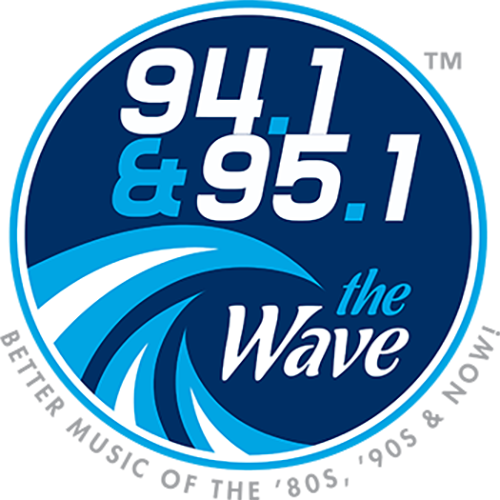YouTube updates guidelines for eating disorder-related content

(NEW YORK) — YouTube , the largest video-sharing platform, announced Tuesday a new policy framework for eating disorder-related content, in the company’s latest effort to address the growing mental health crisis, especially among teens, who can often be “vulnerable viewers.”
“Mental health issues like eating disorders can be isolating and stigmatizing for people around the world. YouTube is an important platform for raising awareness and understanding of eating disorders from a variety of perspectives, and we want to empower creators to continue to share their stories,” Dr. Garth Graham, director of YouTube Health, said in part of a statement Tuesday.
The new policies outline prohibiting content that features “imitable behavior” for “at-risk viewers,” including content that shows or describes behavior like restricting calories, setting age restrictions on content that discusses disordered eating behavior and adding information about mental health resources under videos related to eating disorders.
The Google-owned global video-sharing platform, which boasts over two billion users, said it worked with the National Eating Disorder Association (NEDA) and Asociación de Lucha contra la Bulimia y Anorexia to expand the scope of Community Guidelines.
“In developing the new policies, we worked closely with NEDA and other groups to enhance understanding of what constitutes imitable behavior, how it can show up in content, and how it can impact vulnerable viewers,” said Graham.
Disordered eating behaviors include binge-eating, purging, laxative abuse and fasting for weight loss, are nearly as common among males as they are among females. Nearly 28.8 million Americans will suffer from an eating disorder at some point in their lives, according to NEDA .
The updated policy comes nearly a month after researchers reported that an increased time spent on social media platforms, like YouTube, was identified as a risk factor for disordered eating.
Andrea Vazzana, a child psychologist who specializes in the treatment of eating disorders in children, adolescents and adults at NYU Langone, spoke to ABC News’ Good Morning America about young social media users and eating disorders last month. She said the negative influence of social media is largely due to the social comparisons that are part of engaging in these social media platforms, including filtered photos, weight loss challenges and videos of purging techniques.
However, social media can be helpful and used to educate and provide resources to those who may need them.
“We know from the data that YouTube had over 1.4 billion views on mental health content in the US in 2021 and we know that the earlier a person with an eating disorder reaches out and seeks treatment, the greater the likelihood of physical and emotional recovery,” said Sarah Chase, the vice president of communication for NEDA, in part of a statement. “YouTube is taking a further step in the right direction toward helping NEDA with our mission.”
Copyright © 2023, ABC Audio. All rights reserved.








